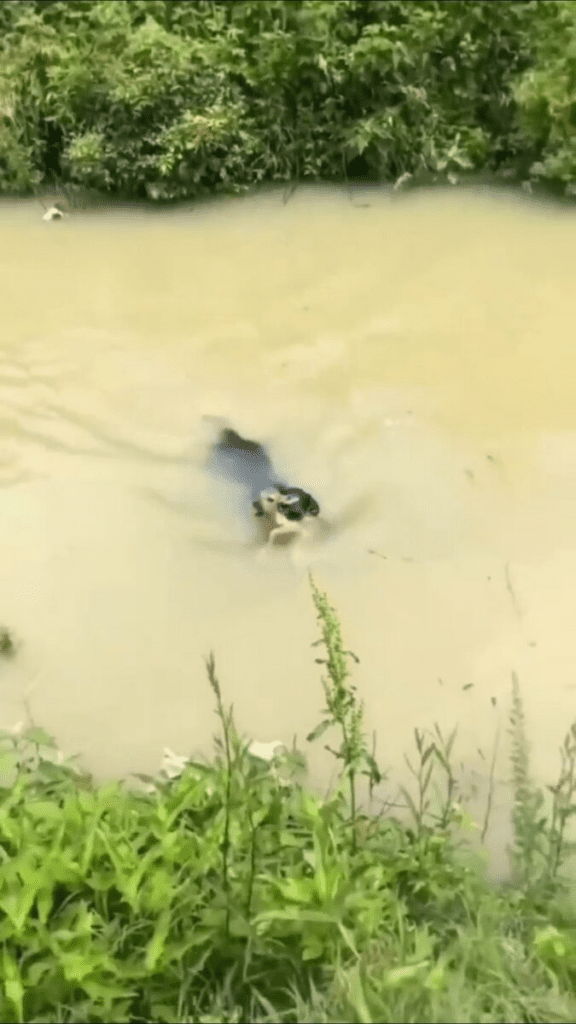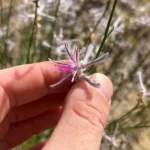The inextricable connection between the sea, climate & biodiversity is understandable. The ocean is one of Earth’s most significant climate regulators – absorbing nearly a third of emitted carbon dioxide & nearly 90% of excess heat. In short the planet’s health depends on a healthy ocean & ensuring a healthy ocean requires cooperation & coordination well beyond individual borders.
In this connection Ecuador, Costa Rica, Colombia and Panama signed a declaration during the COP26 in 2021, recognising their interconnected marine ecosystem. As a result the Galapagos Marine Reserve, created in 1998 by Equador, has been expanded with the creation of the Hermandad Marine Reserve. Covering an additional 60,000 square Kilometers(23,000 square miles) in the Pacific Ocean near the Galapagos, in addition to the existing 138,000 sq Kms(53,2821 sq miles).
The new reserve will ensure a safe pathway for the many amazing creatures to & from Costa Rica’s Cocos Island. Ecuador is a major player in the South American fishing industry around the Pacific. Now booming fish populations have spilled over in the adjacent areas and spectacular marine life wins over commercial tuna, making way for better research and ethical tourism.
A volcano erupted on an island in the Galapagos recently but the critically endangered pink Iguana species are safe, according to the Galapagos National Park authorities. Charles Darwin, the famous evolutionist, has specially noted the Galapagos Giant Tortoises & Pink Iguanas as an example for his theory of evolution. These South American Nations have set an ideal of international cooperation & a coordination for safeguarding the endangered flora & fauna from extinction.

Ecuador Expands Galapagos Marine Life Protection Reserve By 45%
Latest from Nature

Japan’s Abandoned Macaque Punch Has 4.5M Fans — Zoo Says “He’s Learning” But Science Warns It Won’t Be Simple
Punch the Abandoned Macaque: Zoo Care, IKEA Donation & The Science Behind Surrogate Comfort | KarmActive Wildlife · Animal Welfare · Japan · Zoo Punch the Abandoned Macaque and His Plush: What
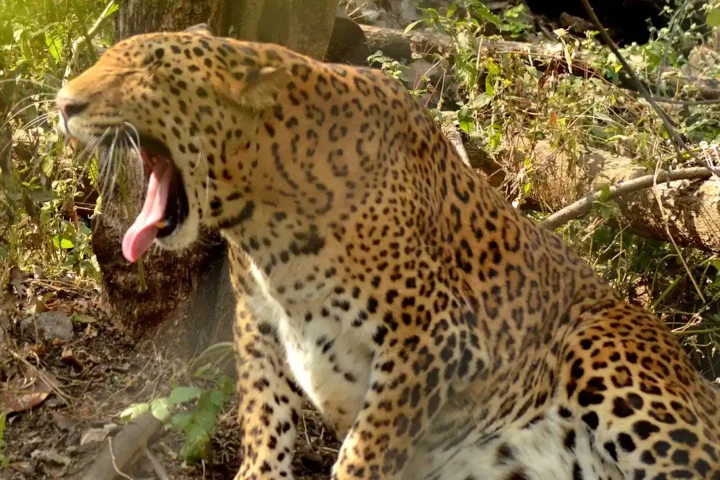
Thane leopard sightings surge—but experts say it’s CCTV boom, not big cat population explosion
Over the past couple of days, Thane has found itself on high alert over leopard sightings. CCTV clips, WhatsApp forwards and faster news alerts have created a panic among the residents living/moving
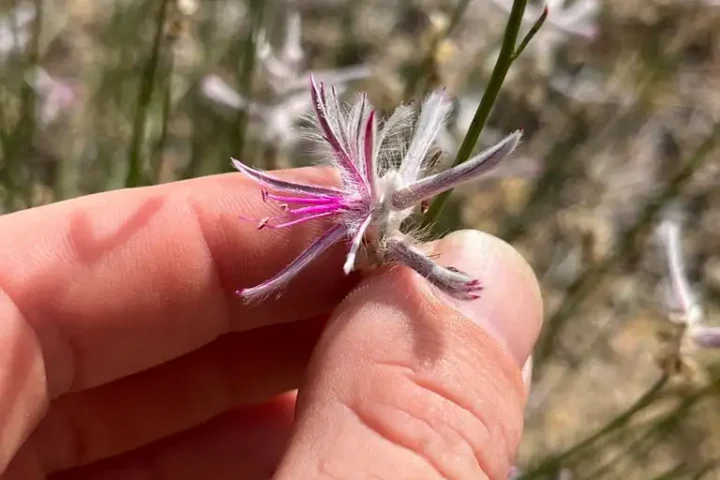
Extinct For 58 Years: How One Phone Snap Just Solved A Major Botanical Mystery
Extinct Plant Rediscovered Through Citizen Science Extinct Plant Rediscovered After 58 Years Through Citizen Science Photo Ptilotus senarius grows in such a remote part of Australia it’s a miracle it was rediscovered

Sydney Shark Attacks: Why 127mm Of Rain Makes Swimming A “Terrible Idea”
Sydney Shark Incidents: Three Events in 26 Hours Temporary beach closure and shark sighting warning signs stand along Dee Why Beach after multiple shark incidents were reported across Sydney’s coastline within a

Wildlife Break‑In at Ashland ABC Store: How a Drunk Raccoon Ended Up Passed Out in the Bathroom
Ashland ABC Store Raccoon Incident – Wildlife Breach Report 🦝 Wildlife Incident Report When a Masked Bandit Ransacked a Liquor Store Inside the November 2025 wildlife breach at the Ashland ABC store

Delhi Southern Ridge Gets 4,080-Hectare Shield After 31 Years As ‘Three Decades’ Delay Sparks Encroachment Concerns
Delhi Southern Ridge Forest Protection: 31-Year Journey to Legal Shield Skip to main content Environmental Milestone Delhi’s Southern Ridge: 31-Year Wait for Forest Protection Ends 4,080 hectares of the capital’s vital green
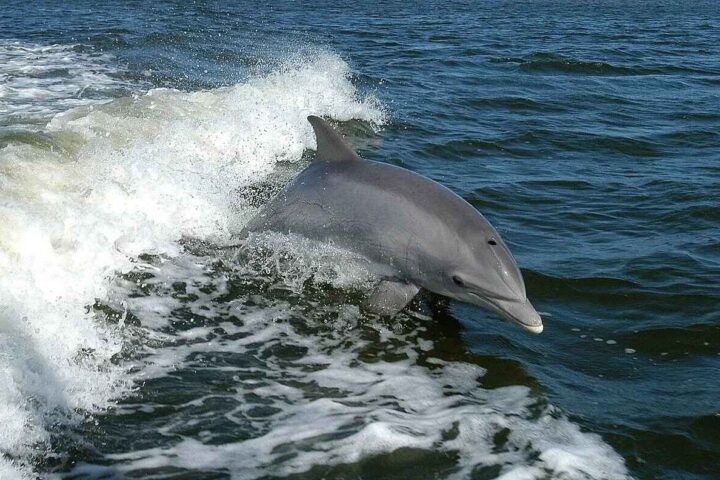
Toxic Algal Blooms Trigger Alzheimer’s Brain Changes in Florida Dolphins, Human Risk Studied
Dolphins in Florida Show Alzheimer’s-Like Brain Changes Marine Science & Health Florida Dolphins Show Alzheimer’s-Like Brain Changes Linked to Toxic Algal Blooms Research connects neurotoxins from harmful algal blooms to brain changes

Court Says Agencies Broke Laws On Knotty Pine; “Can’t Ignore Facts Or The Law” In Cabinet‑Yaak Grizzly Habitat
Environment Federal Court Says Agencies Broke Laws on Knotty Pine Logging in Montana Grizzly Country Subheading: A quick, visual summary with quotes, key figures, a compact timeline, and a short quiz—kept simple
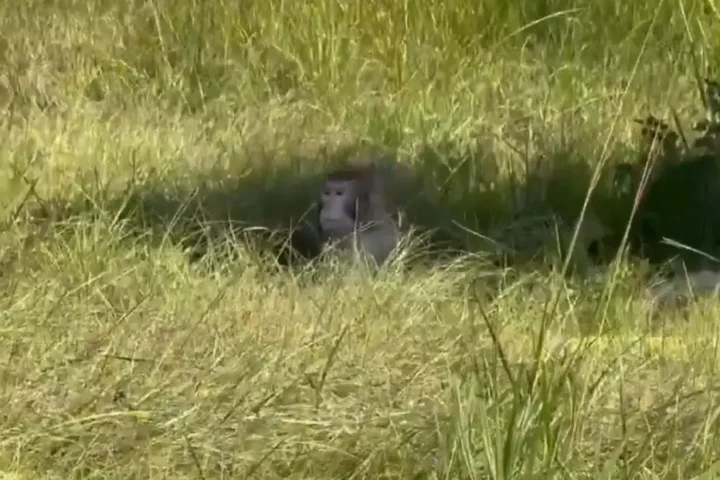
Mississippi Monkey Escape: 3 of 21 Lab Primates Still Missing After I-59 Truck Crash Near Heidelberg
⚠️ Ongoing Incident Mississippi Highway Crash Leaves Research Monkeys on the Loose 📅 October 30, 2025 📍 Jasper County, Mississippi ⏱️ 4 min read A rhesus macaque sits in roadside grass beside
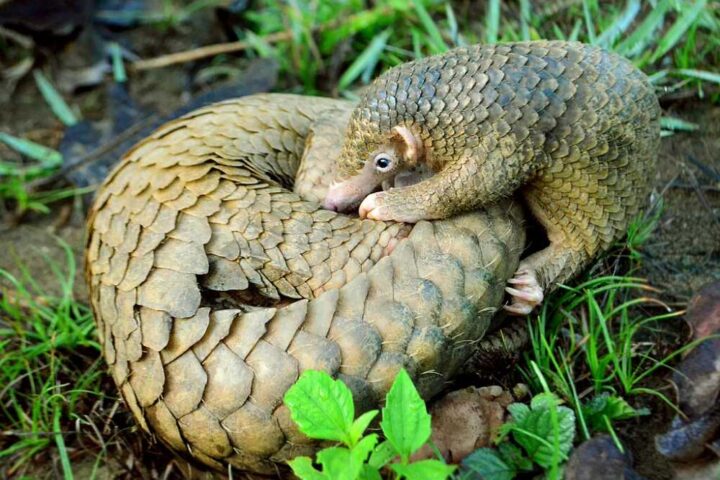
Nigeria Wildlife Trafficking Penalties: ₦12m Fines And “Up To 10 Years,” Senate Says
Nigeria’s New Wildlife Trafficking Penalties – Interactive Brief Wildlife Crime Nigeria to impose stricter fines, jail sentences on wildlife traffickers Traffickers of ivory, pangolin scales, and other wildlife are set to face
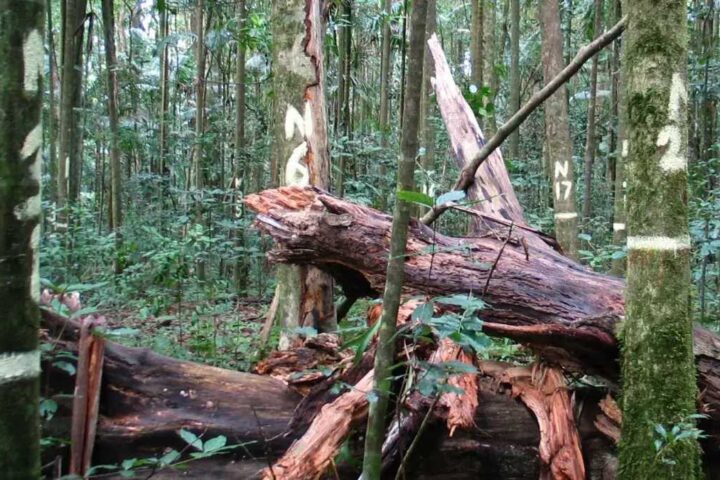
Queensland Rainforests Flip From Sink To Source; “First In The World,” Says University Team
Environment 📅 Oct 26, 2025 ⏱️ 3–4 min interactive Queensland’s Tropical Rainforests Now Release More Carbon Than They Absorb A long-term record from north‑eastern Australia reports a shift in above‑ground biomass balance:
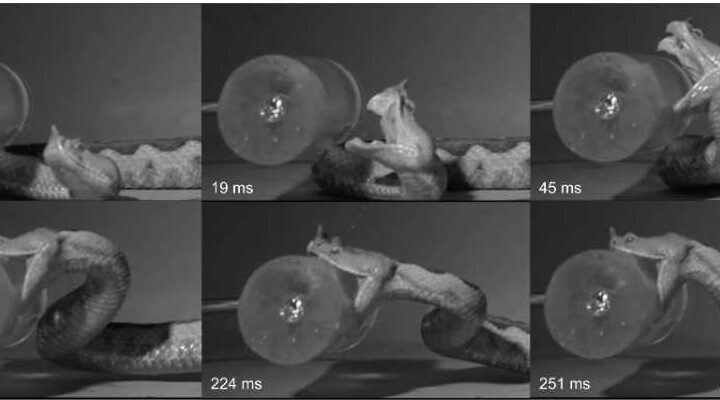
Vipers Hit Target In 21.7ms: High‑Speed Study Times 36 Venomous Species
Science High‑Speed Cameras Reveal How Venomous Snakes Bite Fast strikes, different tactics: vipers top the speed chart, with an Australian death adder close behind. 📅 Oct 25, 2025 ⏱️ 5 min read

Dusky Sharks Kill Snorkeler In Israel’s First Recorded Fatality—Study Cites “Begging” Behavior And GoPro Lure
Feature image: Dusky shark (Carcharhinus obscurus), CC BY 2.0 Marine Safety · Field Note Dusky Sharks in Hadera: Rare Fatal Attack & Verified Context A snorkeler was fatally bitten off Hadera, Israel,
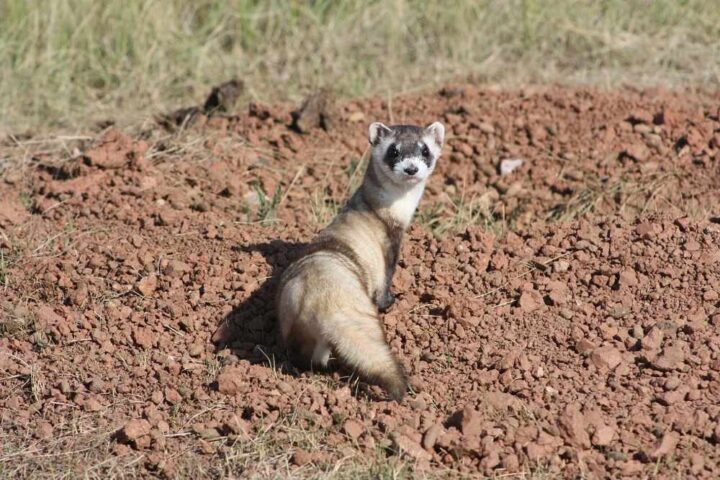
Trump Interior RIF Plan Puts 2,050 Jobs On The Line—132 At Fish And Wildlife Service
Court Filings • Case 3:25-cv-08302-SI Trump Administration Moves to Cut Over 2,000 Wildlife Conservation Jobs A federal judge issued a Temporary Restraining Order (TRO) pausing Interior Department reduction-in-force (RIF) actions. Court filings
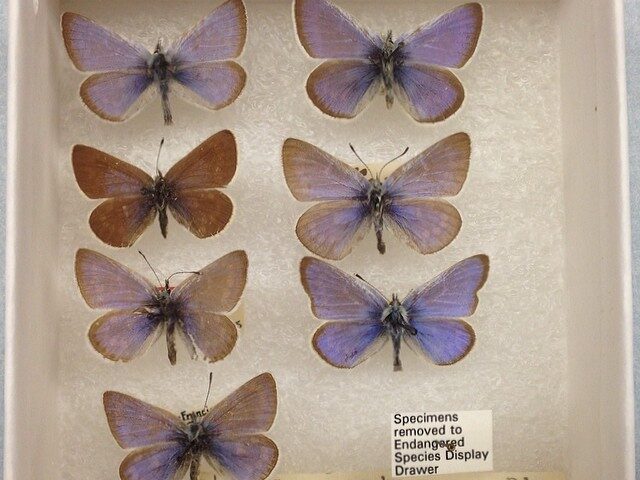
First American insect extinction proven by 93-year-old specimen DNA, restoration begins after 83 years
Specimens of the extinct Xerces blue (Glaucopsyche xerces) in a Field Museum drawer—an archive that helped confirm it as a distinct species and the first U.S. insect lost to human-driven habitat change.

